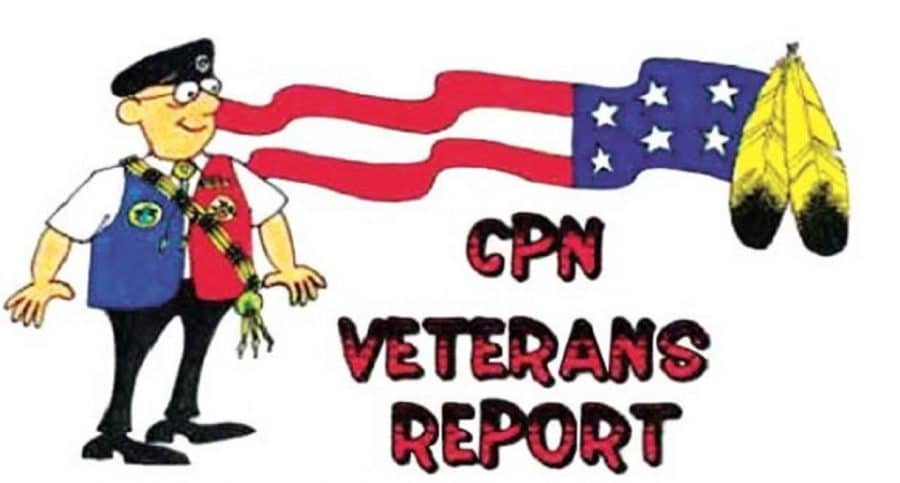Bozho
(Hello),
I have personally witnessed the guards at the Tomb of the Unknown Soldier walking their post and the changing of the guard at the Tomb. It is a very inspiring event. However, most people watching the soldier as he marches at his post do not know what they do or have to do to earn the honor and privilege of being assigned to this post.

Here are some common questions about how the soldier/guard mans his post:
How many steps does the guard take during his walk across the front of the Tomb of the Unknown Soldier and why?
They march 21 steps, which represents the 21-gun salute. This is the highest honor given any military member or foreign dignitary.
How long does he wait after his about-face to begin his return walk and why?
The guard waits 21 seconds, also representing the 21-gun salute.
Why are the guard’s gloves wet?
The gloves are moistened to prevent them from losing grip on the rifle.
Does the guard carry their rifle on the same shoulder all the time?
The guard carries their rifle on the shoulder that faces away from the Tomb. After their march across the path, the guard turns and moves the rifle to the outside shoulder.
How often does the changing of the guards happen?
The guards rotate every 30 minutes, 24-hours a day, 365 days a year, regardless of the weather.
What are the physical traits of the guard limited to?
For a guard to apply for guard duty at the Tomb, they must be between 5’ 10” and 6’ 2” tall and their waist size cannot exceed 30 inches. Other requirements are: they must commit two years of their life to guard the Tomb, live in the barracks under the Tomb and cannot drink any alcohol on or off duty for the rest of their lives. They cannot swear in public for the rest of their lives and cannot disgrace the uniform or the Tomb in any way (by fighting, for instance). After two years, the guard is given a wreath pin worn on the lapel that signifies they served as a guard of the Tomb. Today, there are only 400 worn. The guard must either obey these rules for the remainder of their life or give up the wreath pin.
Other facts
The guards’ shoes were developed with very thick soles that keep their feet warm in cold conditions and helps manage the heat. Metal plates on the heels provides the clicking sound as the guards come to a halt. Their uniforms must be free of wrinkles, folds and lint, and they check themselves in a full-length mirror before going out into the public.
During the first six months, a guard cannot talk to anyone nor watch TV. Instead, they must study the 175 notable people that have been laid to rest in the Arlington National Cemetery during off-duty time. Each guard must memorize who these individuals are and where they are interred. Some of the notables include: President Taft, Joe E. Lewis (the boxer) and Medal of Honor recipient Audie Murphy (the most decorated soldier of WWII).
Each guard averages at least five hours per day preparing their uniform for duty. They are so committed to their positions that even in the 2003 Hurricane Isabella, which impacted Washington, D.C., the guards refused to leave their post. The U.S. Senate and House of Representatives took two days off with anticipation of the storm, but the ABC Evening News reported that although the guards were given permission to suspend their assignment during the storm, they respectfully declined the offer. The soldiers were soaked to the skin but continued to march in the pelting rain of a tropical storm. The soldiers said that guarding the Tomb was more than an assignment: it was the highest honor that can be afforded to a service person.
We can be very proud of the men and women in the service wherever they serve.
Duty – Honor – Country. Migwetch (Thank you)!
This month we will not have our regularly-scheduled meeting, but rather have a Dec. 3 Christmas Dinner at 6 p.m. at the CPN North Reunion Hall. Contact me for more information.
Migwetch
(Thank you),
Daryl Talbot, Commander
talbotok@sbcglobal.net
405-275-1054
CPN VA Representative: Andrew Whitham
CPN Office Hours: 1st and 3rd Wednesday each month 8:30 a.m. to 3 p.m.
918-397-2566
